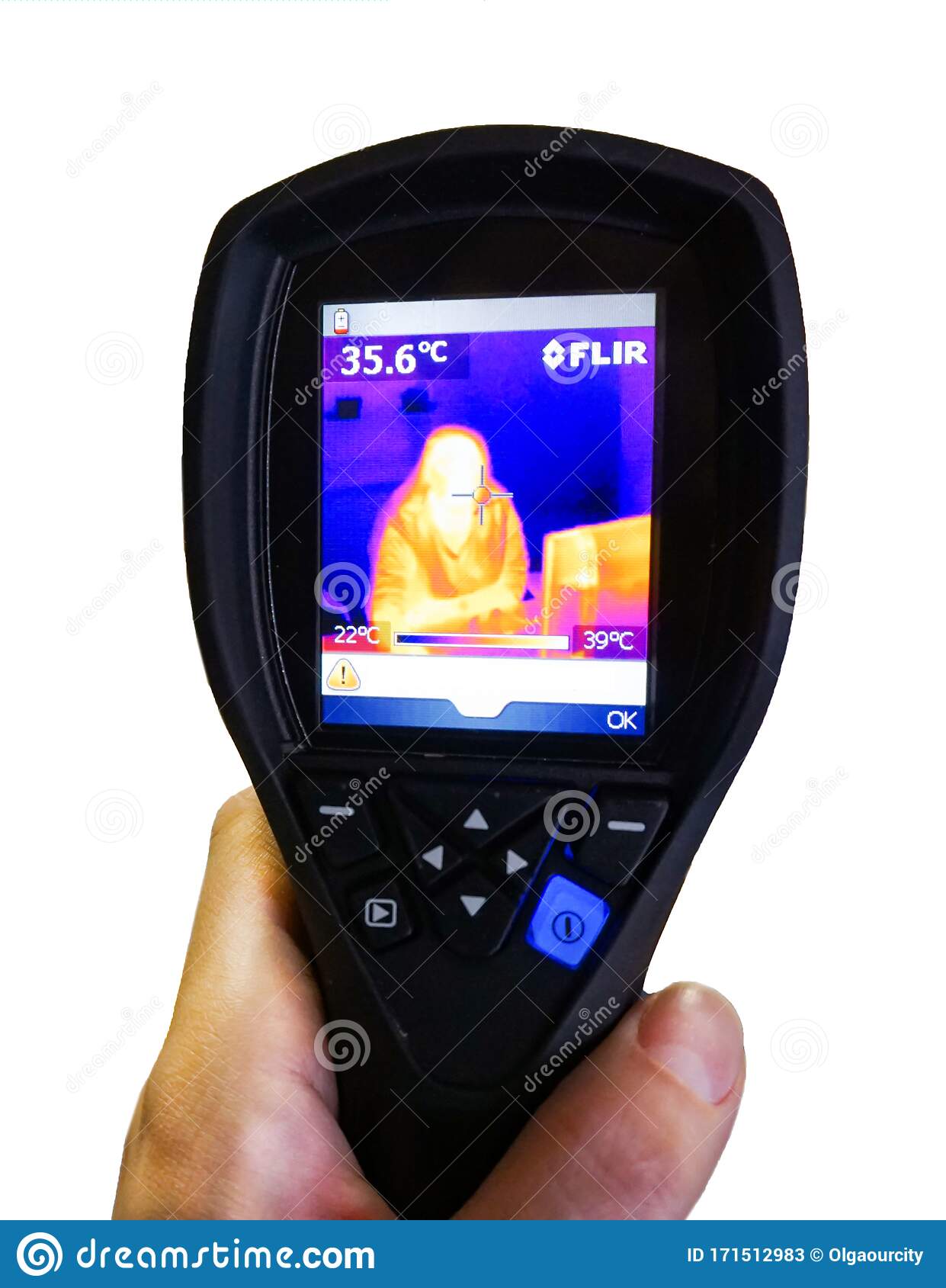Most ridiculous ways companies are trying to profit
Robot sellers see the coronavirus as a chance to broadcast their bots’ abilities
Some robots are lending a helping hand in the battle against the coronavirus, facilitating conversation between infected patients and hospital staff and delivering necessities, including medication. But at least one robot vendor has used the outbreak to push the abilities of its “service robot,” an automaton that can be programmed to answer questions, quiz people on their health, and give tours.The coronavirus may also be motivating some companies to move toward automation faster than expected. CNBC reported that some companies appear less susceptible to coronavirus setbacks because they’re already significantly automated, while the Israel-based warehouse automation company Caja Robotics told Recode it has seen a 25-30 percent increase in inbound inquiries about its technology in the past month. According to the company, many potential customers are looking to make their production capabilities more immune to disruption caused by events like the novel coronavirus outbreak.
Some air purifier companies are making misleading claims about their products
Back in 2003, the Federal Trade Commission and the Food and Drug Administration issued a warning about websites selling personal air purifiers, among other products, that claimed to prevent the spread of SARS. Now, history seems to be repeating itself with some air purifier manufacturers floating the idea their systems can neutralize the novel coronavirus. Others say they’ve started tests to see if their devices might be useful against the virus.
The air purifier manufacturer Airpura, for instance, has been advertising that at least one of its devices can “remove the coronavirus from your airstream.”
Companies want to cash in on putting thermal scanning everywhere
In response to the coronavirus outbreak, some companies are moving quickly to integrate or advertise their existing thermal imaging capabilities. The technology scans a person from afar and estimates what their temperature is, so some think these systems could spot fevers and ultimately infected persons. We’ve already seen this integrated into facial recognition cameras in China, but now it’s showing up elsewhere.
The coronavirus is motivating a surge in high-tech disinfectant devices
The novel coronavirus has had some consumers looking for tools to disinfect their surrounding areas, including high-tech electrostatic spray guns. While you might normally have disinfectant sprayed from a bottle, these types of guns make use of charged particles to ensure that a substance fully covers a surface.
https://www.vox.com/recode/2020/3/11/21174720/coronavirus-amazon-robots-air-purifiers






Leave A Comment
You must be logged in to post a comment.